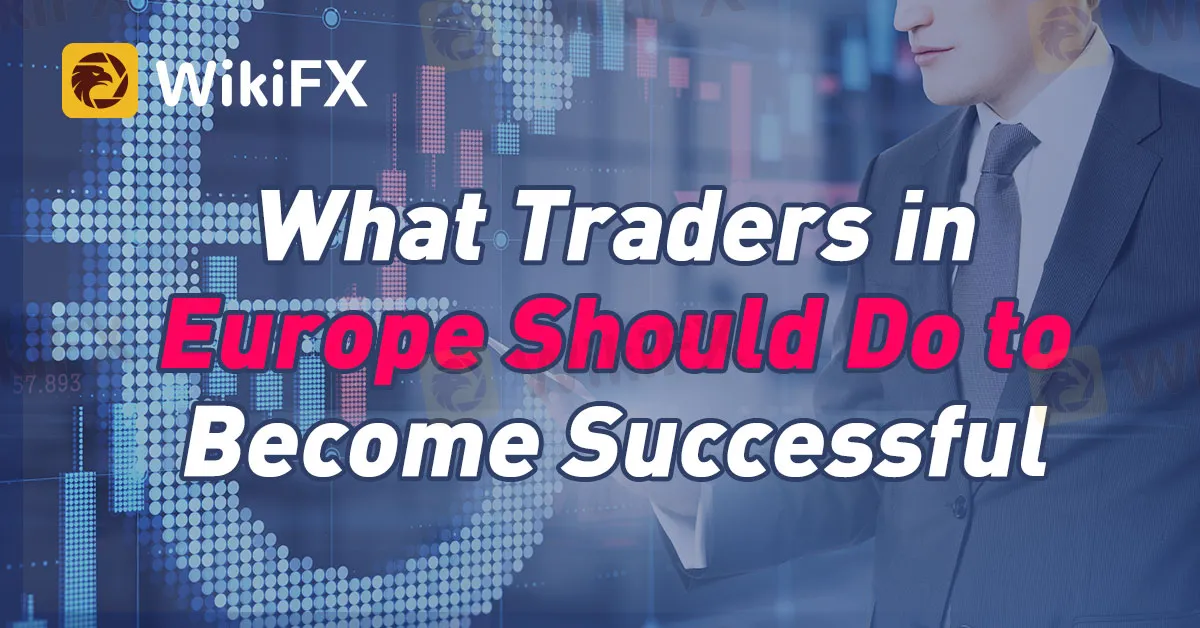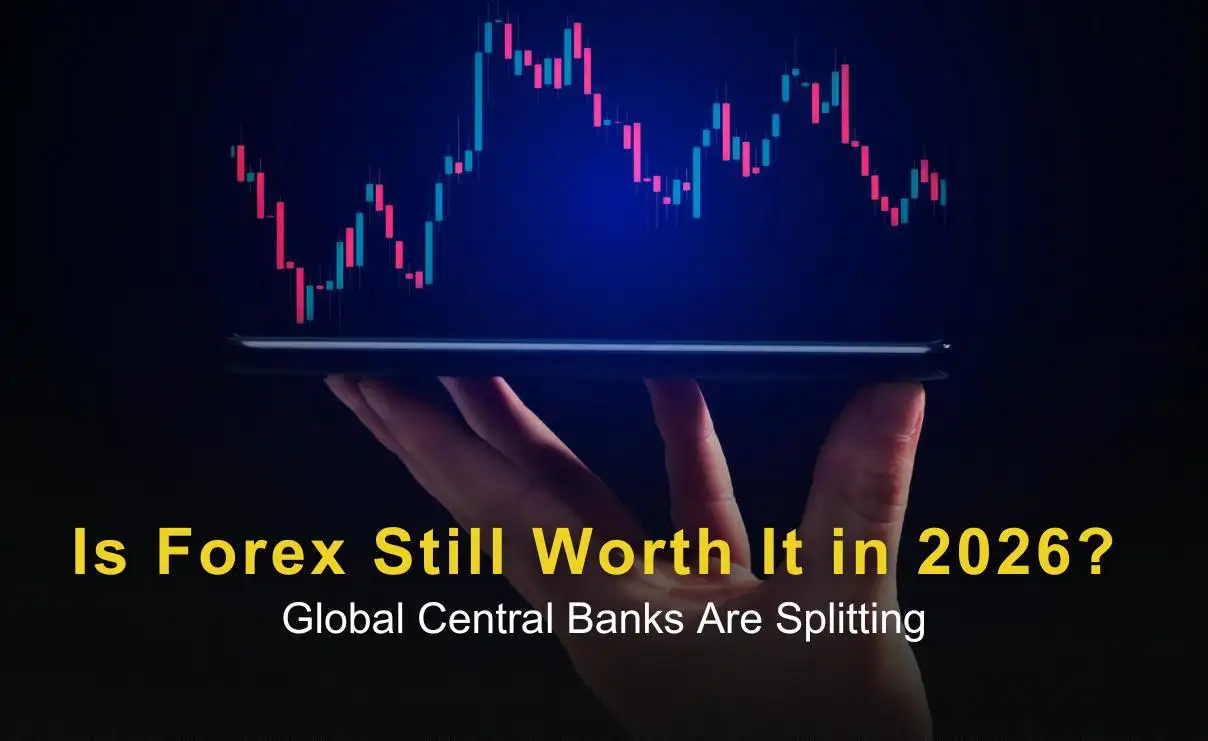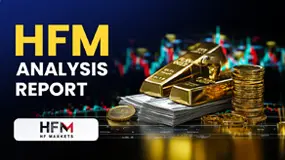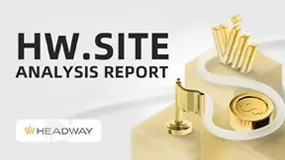Abstract:Becoming a successful trader in Europe requires a combination of knowledge, skills, and a disciplined approach. While the journey may be challenging, there are several key actions that traders can take to increase their chances of success in the financial markets.

Becoming a successful trader in Europe requires a combination of knowledge, skills, and a disciplined approach. While the journey may be challenging, there are several key actions that traders can take to increase their chances of success in the financial markets.
First and foremost, traders should focus on acquiring a solid education in trading. Understanding fundamental concepts, technical analysis, and risk management strategies is essential. By continuously learning and expanding their knowledge base, traders can enhance their decision-making abilities and adapt to changing market conditions.
Building a robust trading plan is another crucial step towards success. A well-defined plan should encompass clear goals, risk tolerance levels, and specific trading strategies. It serves as a roadmap, guiding traders through their trades and helping them stay focused on their objectives.
To thrive as a trader, it is essential to develop strong analytical skills. Traders should learn to interpret charts, identify trends, and analyze market indicators effectively. By honing their analytical abilities, traders can make informed decisions based on objective data, rather than relying on guesswork or emotions.
Risk management should be a top priority for traders in Europe. Implementing proper risk management techniques, such as setting stop-loss orders and position sizing, can protect capital and minimize losses. It is crucial to never risk more than a predetermined percentage of trading capital on any single trade.
In the competitive world of trading, it is essential to stay updated on market news and developments. Traders should follow relevant financial publications, monitor economic indicators, and stay informed about geopolitical events that can impact the markets. Being well-informed allows traders to adapt their strategies and seize opportunities as they arise.
When embarking on your trading journey, it's beneficial to leverage the resources provided by WikiFX. As a trusted platform, WikiFX offers comprehensive broker information, including regulation, customer reviews, and ratings. With WikiFX, traders can make informed decisions and find reliable brokers to support their trading endeavors. Don't miss out on the valuable insights WikiFX has to offer!










